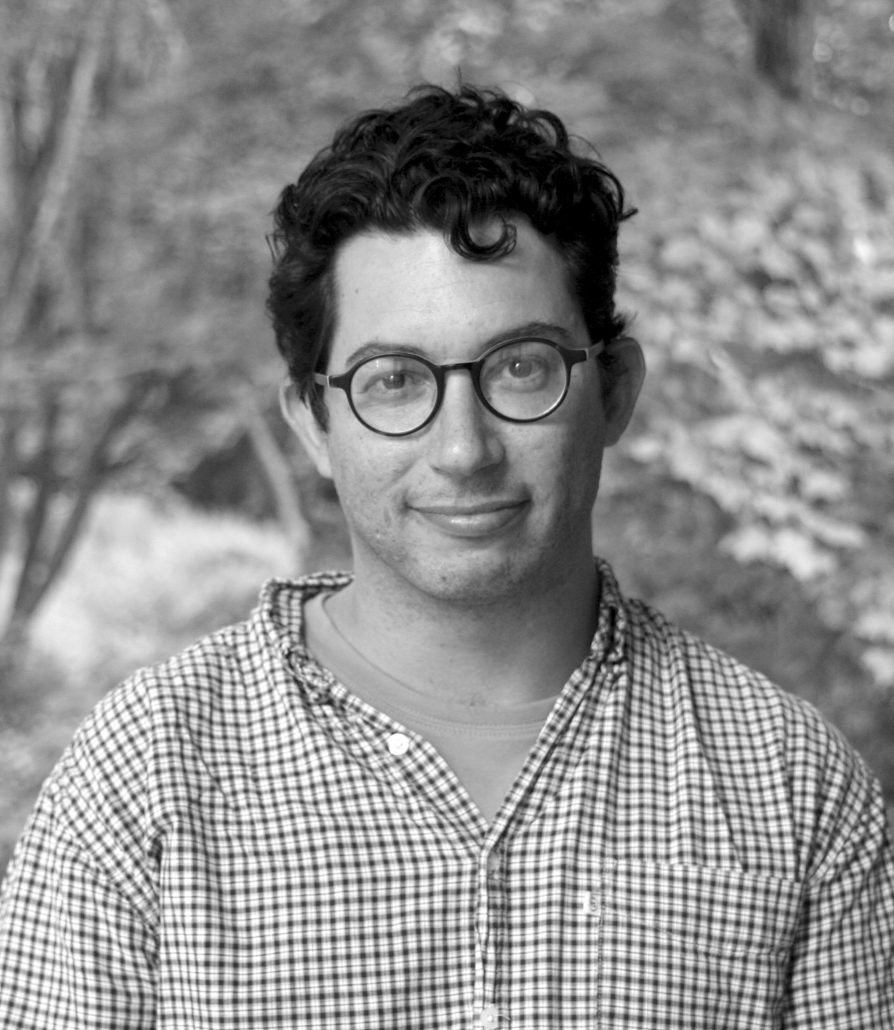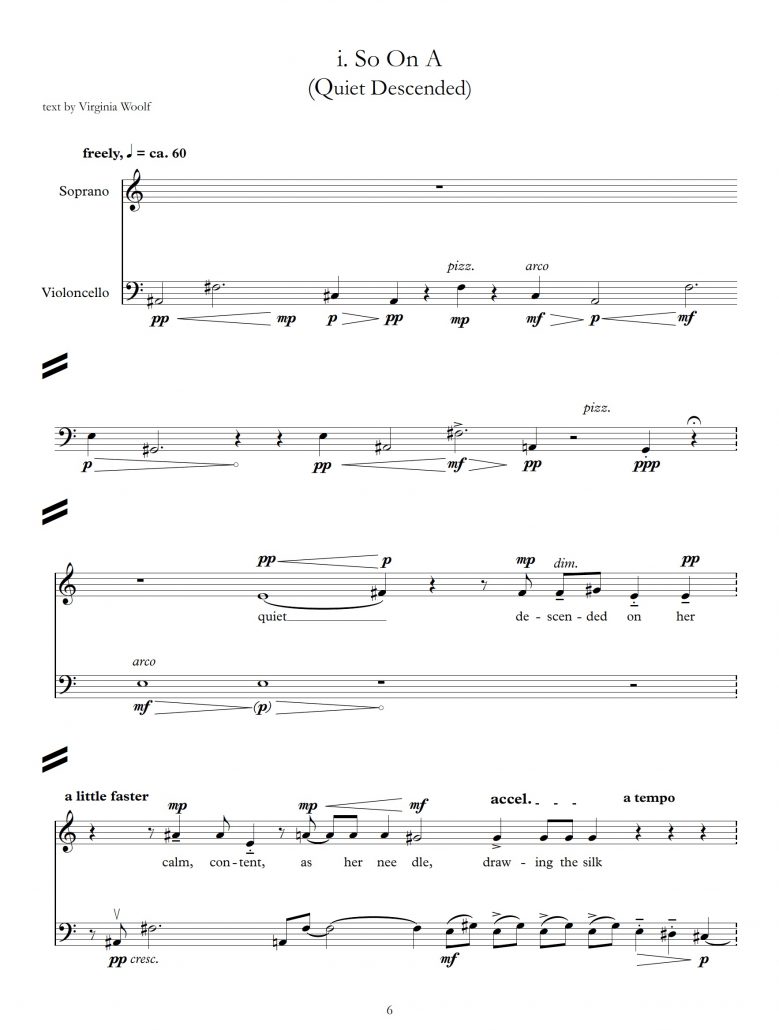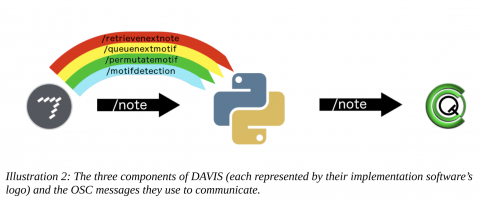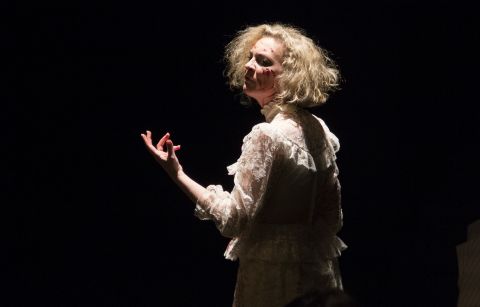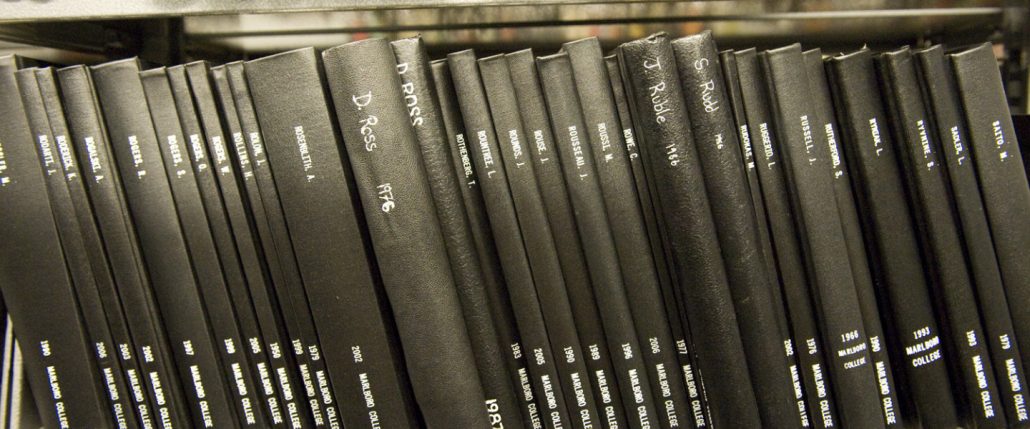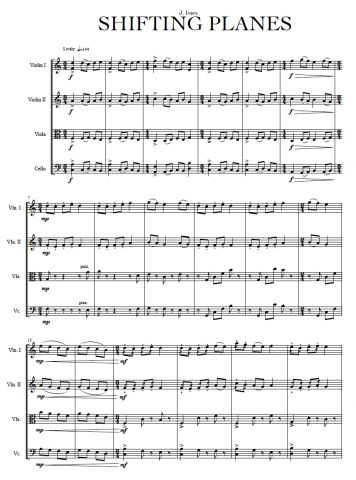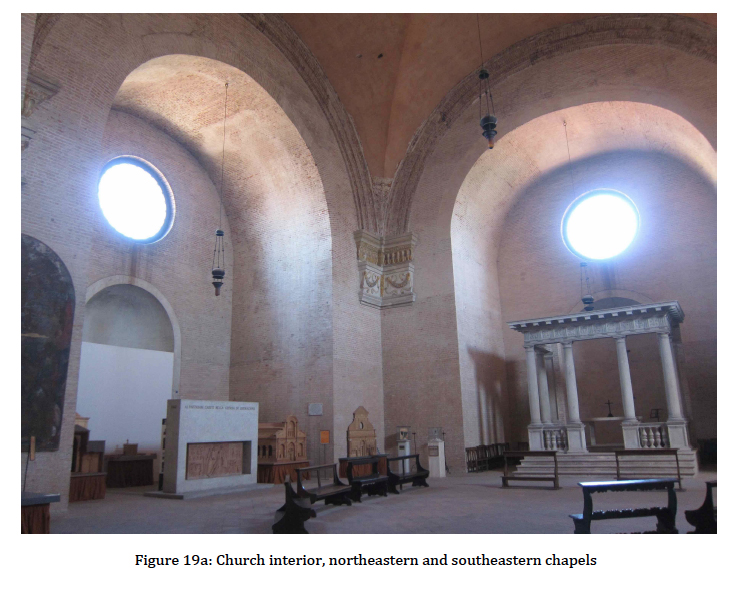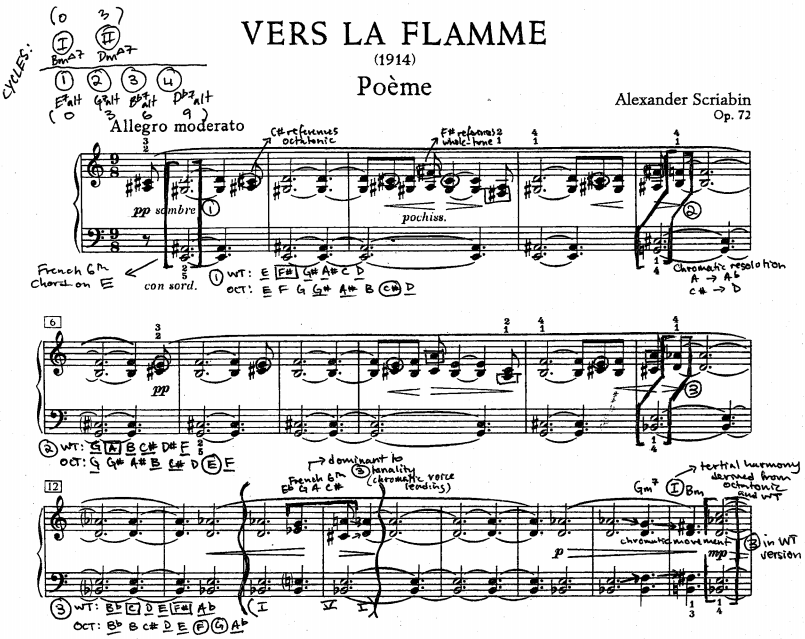Music
Music study at Marlboro was either practical and performance-based, or historical and theoretical.
Music courses at Marlboro were designed for liberal arts students. Marlboro offered courses for experienced musicians and those who were absolute newcomers, honing both practical and performance-based skills, as well as courses that emphasized historical and theoretical inquiry. Music courses often complemented Plan work in other fields. The music area gave students both a comprehensive background in traditional Western theory and practice and an opportunity to explore other fields, like music improvisation and electronic music.
The three main fields of study within music – practice, history, and composition/theory – often intertwined in various courses: they blended in different ways in courses such as Music Fundamentals, Electronic Music Methods, Cultures and Materials, or Vocal Music Composition Workshop. History and music-culture courses spanned a great variety of topics and were geared toward musicians and interested non-musicians alike. They often complemented particularly well studies in history, philosophy, or cultural history. More skills-specific theory courses were designed for students who wanted to learn the nuts and bolts of music, its grammar, materials, and normative formations.
Marlboro also offered performance-based ensembles experiences, which could be taken in courses such as Madrigal Choir, Chamber Music, or Jazz Workshop, or through student initiative and interest as group tutorials.



